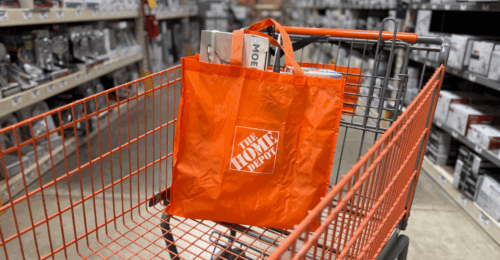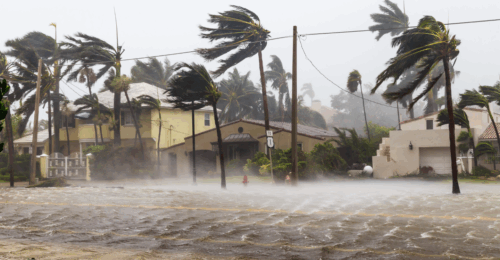J.D. Irving, Limited (JDI) is an integrated forest products company based in New Brunswick, Canada. They produce lumber, pulp, paper, tissue and pellet products. They know that a well-managed, diverse forest is the foundation of success, and part of that effort is maintaining the health of the various waterways within and around their property.
Waterways of Concern
The area surrounding JDI’s sawmill sites includes log and lumber yards and covers an area of approximately 244 acres. There are numerous waterways that fall into this area which are affected by the sawmills and their related activities. In particular, these waterways are prone to sedimentation.
Sedimentation is a buildup of debris in a waterway near commercial and industrial sites. The increase of Total Suspended Solids (TSS) is often caused by heavy and sustained rainfall in the area or human activities near water systems. High TSS levels reduce water quality and can threaten the wildlife that use the watercourses as habitats and breeding grounds.

Solving Sedimentation
JDI manages the levels of TSS in the watercourses near their operations using settling ponds that allow sediment to separate and settle apart from the water before release. The JDI team also practices filtering and separating suspended solids found in storm water prior to releasing it into the environment. All three of these techniques are in use at various JDI sites in Canada. When the engineering and infrastructure at the site is built to our rigorous environmental principles and standards, all three of these techniques are effective.
The company is committed to understanding and reducing the effects of its mills on the environment. Using hyper-accurate 3D scanning technology and applying rainfall and snowfall modeling, JDI has begun to understand the topography of its log and lumber yards, a development which has aided mitigation efforts. As a result, they have designed and built infrastructure that minimizes the TSS in watercourses near sawmills.
Investing in Solutions
In the past five years, JDI has invested over $3 million in modernizing its settling ponds, filtration systems and riverbank protection. Such capital investments are motivated by the goal of releasing clean storm water from mills to waterways.
The result is a sustainable, thriving forest, one that supports trees, wildlife and healthy waterways.







